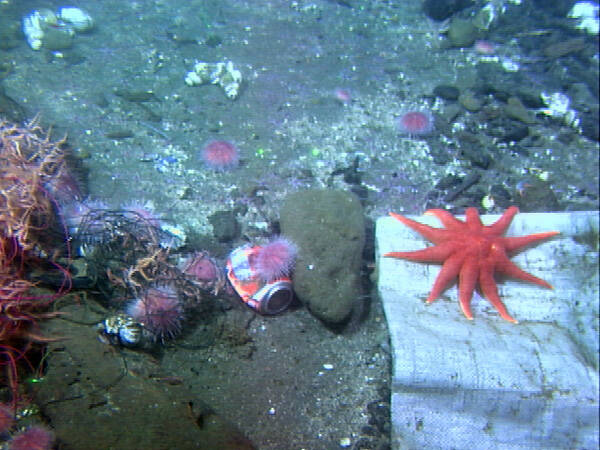The United Nations released a report on May 6 that brought the rapidly accelerating global environmental crisis into sharp perspective. Up to a million species are threatened with extinction within the next few decades, noted the report from the Intergovernmental Science-Policy Platform on Biodiversity and Ecosystem Services, with catastrophic consequences not just for ecological biodiversity but for human life as well. Some three billion people, for example, rely on creatures of the sea for their daily protein needs, but projected rises in sea temperature of up to 3.5 degrees Celsius are expected to cause widespread collapses in fisheries and marine ecosystems.
Even immediate action on a global scale cannot save many of the endangered plant and animal species at risk. Rising temperatures in the world’s oceans, the desertification of many once-lush regions and reckless pollution are all leading toward a mass extinction unprecedented since humanity’s emergence as the world’s apex predator.
The United States is a major contributor to these changes, and the last two years of the Trump administration have only made the U.S. more complicit in global extinctions. From the U.S. withdrawal from the Paris climate accord to ongoing efforts to revive “dirty energy” industries like coal, our nation’s actions have made us a cynical and difficult participant in global efforts to prevent a climate catastrophe.
A leader in efforts to ameliorate or even prevent climate change has been the Catholic Church. Even before his groundbreaking environmental encyclical, “Laudato Si’,” Pope Francis wrote in “Evangelii Gaudium” that “God has joined us so closely to the world around us that we can feel the desertification of the soil almost as a physical ailment, and the extinction of a species as a painful disfigurement.”
Will U.S. Catholics heed the call to take global action immediately? Or will our children and grandchildren live in a world drastically changed and terribly broken? It is not enough for religious leaders to call for action: We need our politicians to heed that call.











This should get the usual replies. This is just a Trump hit piece. Beware of articles that are ill founded and use fear as a tactic. To achieve what? Certainly not a change in the climate trajectory, whatever it may be.
The Guardian just announced that the old terms are not working and such expressions as "climate emergency," "climate crisis" or "climate breakdown" are preferred or as the editors have written "climate catastrophe." Also it's "global heating" now not "global warming."
"The bet was on, and it was over the fate of humanity. On one side was the Stanford biologist Paul R. Ehrlich. In his 1968 best seller, The Population Bomb, Ehrlich insisted that it was too late to prevent a doomsday apocalypse resulting from overpopulation. Resource shortages would cause hundreds of millions of starvation deaths within a decade. It was cold, hard math: The human population was growing exponentially; the food supply was not" You know the rest!